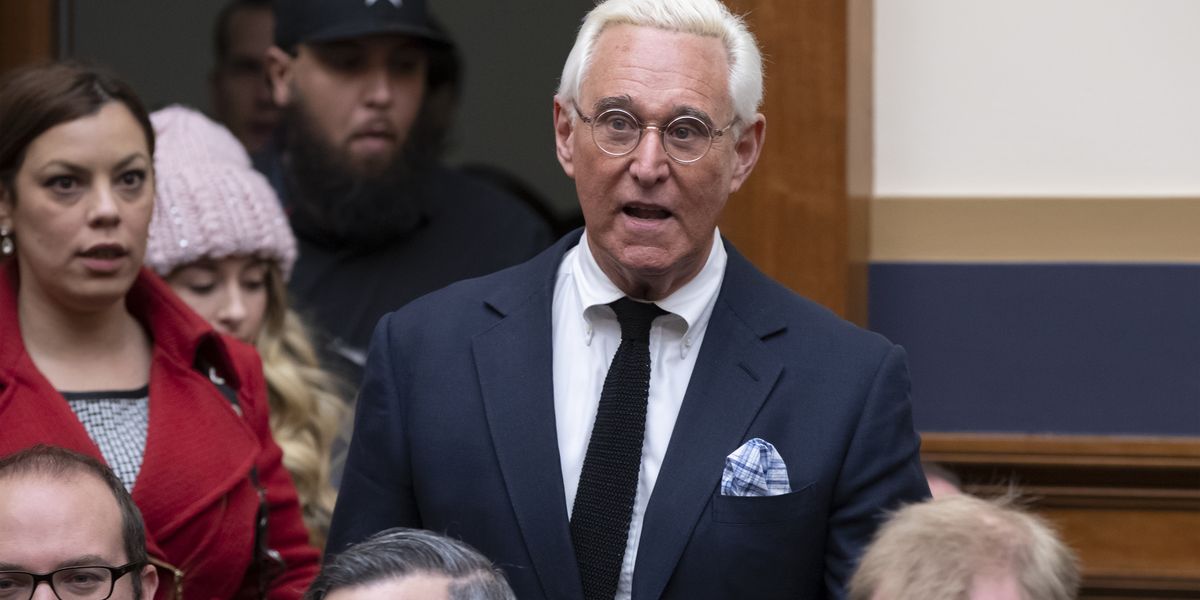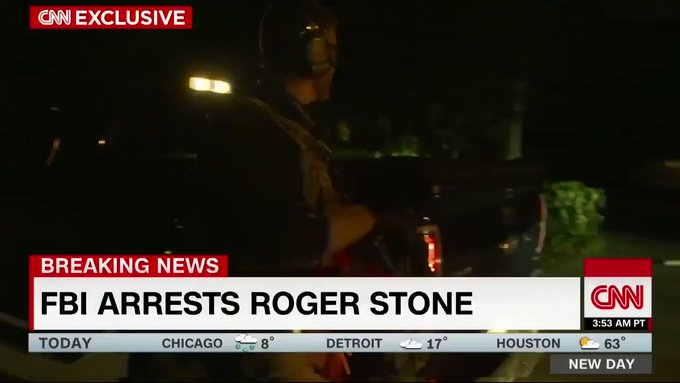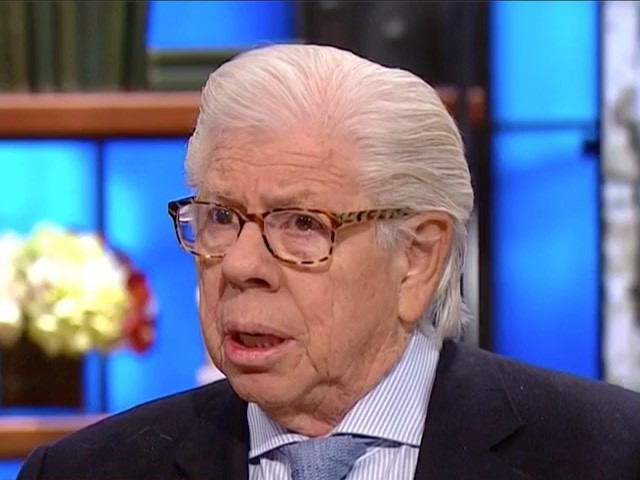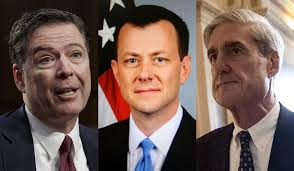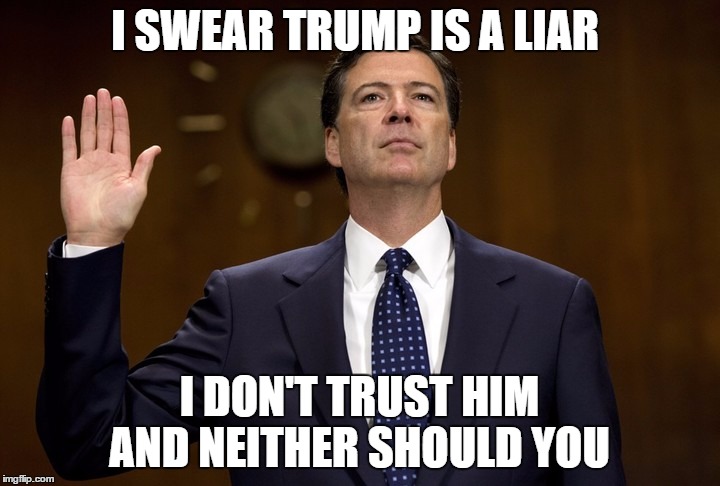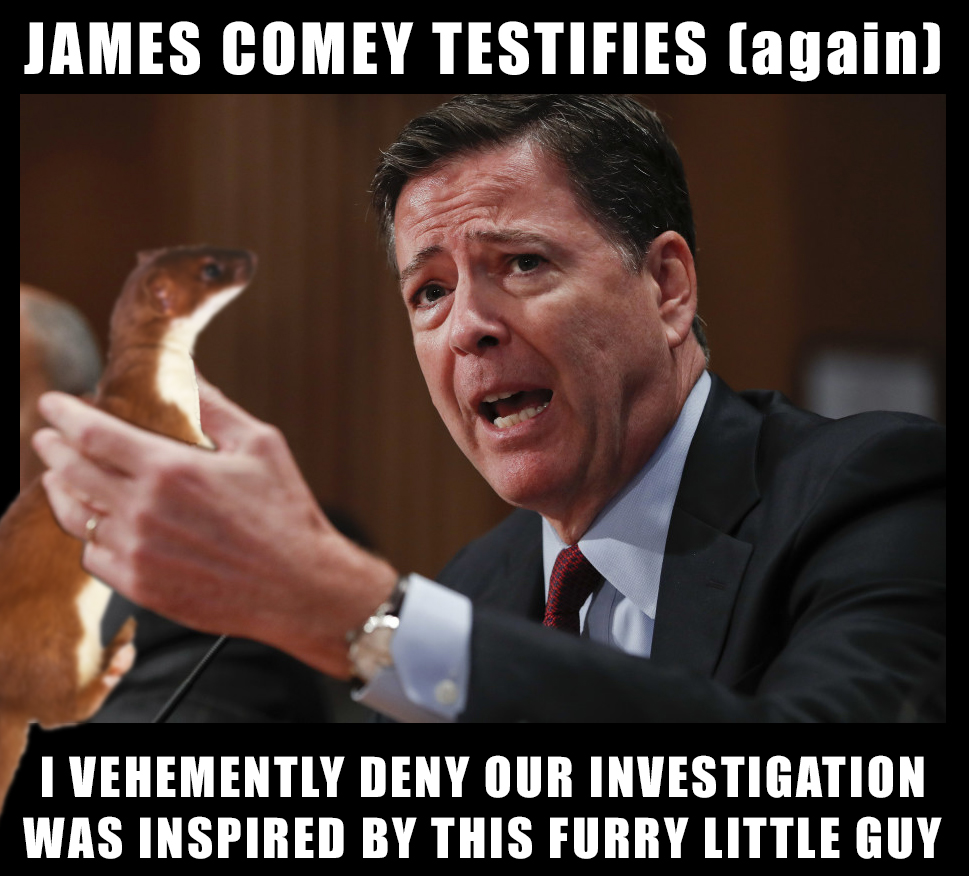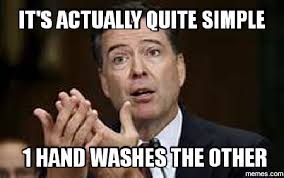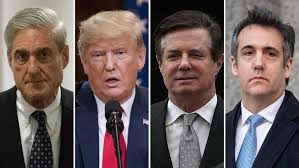
Attorney General William Barr has assigned the United States attorney in Connecticut to look into the origins of the Federal Bureau of Investigation’s probe into the Trump campaign, according to reports.
Barr has appointed John Durham for the assignment, according to the New York Times. Durham has a history of investigating potential wrongdoing among national security officials.
Barr sent shockwaves through Washington after he acknowledged earlier this year during a hearing that he would review the origins of the FBI’s investigation into the Trump campaign, and again when he referred to those activities as “spying.”
Specifically, he has said he wants to review whether the FBI had appropriate predicate for spying on the Trump campaign, for example, when it sought a surveillance warrant against former campaign adviser Carter Page.
Barr’s assignment of Durham may indicate that his review of the origins warrants further investigation and action.
Separately, the DOJ’s inspector general, Michael Horowitz, is due to issue a report on his findings on whether the FBI acted improperly when investigating the Trump campaign and launching an investigation in July 2016.
Former Attorney General Jeff Sessions appointed the U.S. attorney in Utah, John Huber, to review aspects of the Russia investigation, but it is unclear what he has been investigating or has found.
Trump nominated Durham for his current position in 2017, and Durham has conducted special investigations under administrations of both parties, according to the Times.
Mueller report takeaways: Trump didn’t collude but Obama blew it bigtime on Russia
Donald Trump, use Mueller report as election security roadmap; Democrats, drop impeachment and work on 2020; and Rep. Adam Schiff, you should resign.
The Mueller report will not change political opinions of President Donald Trump. Democrats will continue to hate the president and Republicans will continue to think Trump got a raw deal because two years of his presidency were inhibited by an investigation that turned up no collusion. Special counsel Robert Mueller will get plaudits for uncovering the depths of the Russian meddling but will have to answer questions about why he didn’t move to compel Trump to testify.
Ultimately, most Americans will conclude that the best way to sort this out is through an election. Trump faces the voters in 2020 and they will have all of this information to consider as they make their decision. Whether Democrats impatient for an early end to the Trump presidency force impeachment remains to be seen.
There will be legal analysis ad nauseum about obstruction, but here are five political takeaways that jumped out to me:
1.The extent of the Obama administration’s failure on Russia is breathtaking. TheMueller report flatly states that Russian interference efforts began in 2014, continued in 2015 and blossomed into a full-blown effort to meddle in the 2016 presidential election. The report found no evidence that the Trump campaign coordinated with Russia on election meddling, but substantial confirmation that the previous commander-in-chief failed to stop a hostile foreign power from invading our democracy. Why? Obama’s top priority was getting Russia into the Iranian nuclear deal, which explains why his administration turned a blind eye toward Russian electoral interference. Russian meddling is a mess of Obama’s making, and Trump should order immediate steps to use the Mueller report as a roadmap for stopping them in the future. When you consider that Obama failed to prosecute Julian Assange after his 2010 attack on America, and that he then went on to help Russia meddle in the 2016 election, Obama just looks horrible on this entire ordeal.
2. Democrats have two options — impeach the president or win an election. With their hopes dashed that Mueller would kick in the White House door and frog march the president to jail, Democratic remedies for getting rid of Trump are purely political: impeach the president for obstruction of justice, or work as hard as possible to win the next election. The House Democratic leadership was having trouble tamping down impeachment talk before, and it won’t get any easier now given the relentless focus on the obstruction section of the report. The bloodthirsty among them will grow even thirstier and calls for impeachment are likely to increase. Can Speaker Nancy Pelosi stop them? I have my doubts that she can herd her impeachment cats away from their hyper-partisan impulses.
Further, Democrats must think hard about their future investigatory paths and how it affects their collective credibility in 2020. There will be skepticism among the voting public for any Democratic investigation in the future because their promises of collusion turned out to be false.
3. Mueller must speak. Attorney General William Barr said he had no objection to the special counsel appearing before Congress, and he should do so. It would be a shame, however, if most of his time is focused on Trump and not on helping the federal government prevent Russia election interference in the future. He has done a terrific job uncovering the depth of the interference, including indicting the Russians responsible. Given that they are unlikely to ever see the inside of a U.S. courtroom, Mueller’s legacy should be to create the framework for inoculation against future Russian shenanigans.
4. Congressman Adam Schiff really hurt Democrats by raising the bar on collusion. For two years, Schiff and other Democrats in Congress repeatedly claimed there was evidence of collusion. Time and again, Schiff said he had “direct” evidence of Russian collusion and, since Barr’s initial summary letter, has yet to back down. In fact, Schiff has doubled down on his claims, going even further out on a limb that Mueller sawed off today. Politically, Schiff blew up a balloon for the Democrats that Mueller popped. Loudly.
Keeping quiet or at least making more measured statements would have kept the egg of the collective face of the Democratic Party. Schiff failed as a Democrat and as a leader on the House Intelligence Committee. He should step down as Chairman immediately, as he clearly was more interested in politically damaging Trump than getting to the truth. Democrats would be better served as a party if he resigned from Congress and went away altogether.
5. Bottom line for Trump — no collusion. The report flatly states, just as Barr said it would, that “the evidence we obtained did not establish that the president was involved in an underlying crime related to Russian election interference.” This has been the central question of the Trump presidency, and Mueller has closed the door on what would have been treason. The president is within his rights to attack the Democrats and media who have promised their partisan audiences something that just didn’t happen. I expect little movement in the president’s approval ratings in the aftermath of this report, and unless Democrats move on impeachment this report will be a distant memory come the fall of 2020, when he faces reelection.
https://www.usatoday.com/story/opinion/2019/04/18/mueller-report-collusion-trump-russian-election-interference-democrats-takeaways-column/3505946002/
